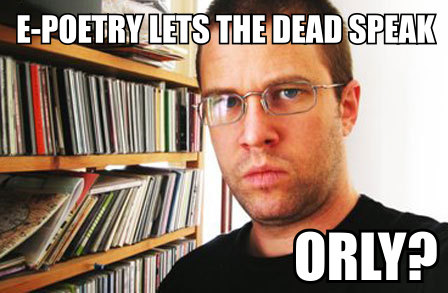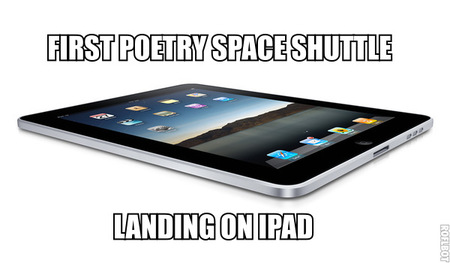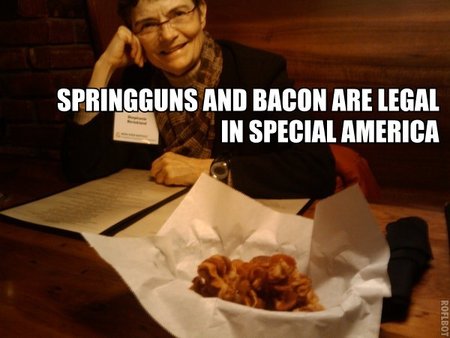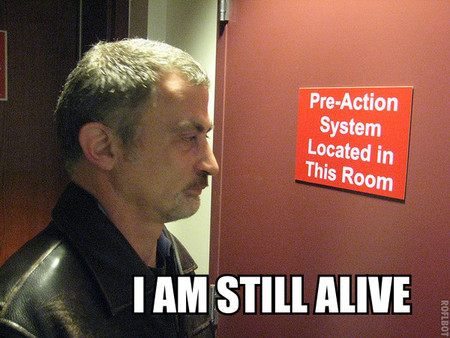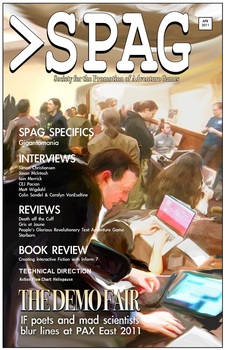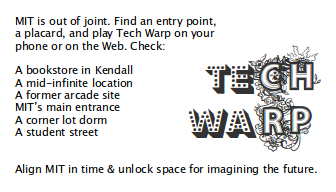Charles Bernstein Sounds Off
Charles Bernstein just gave the keynote-like presentation at E-Poetry. (Actually, he used PowerPoint.) I’m providing a few notes, feebly extending in my subjective way some of his oral and photographic/digital presentation for those of you in the information super-blogosphere.
He started by mentioning the UB Poetics Program and its engagement with digital humanities, saying: “As Digital Humanities departs from poetics, it loses its ability to articulate what it needs to articulate.”

